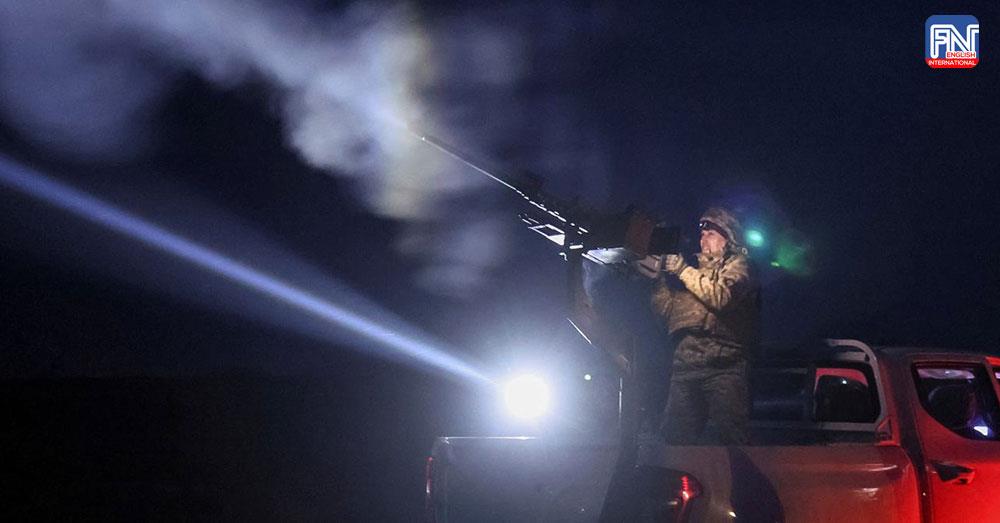LUXEMBOURG, Apr. 22 (Reuters) - European Union foreign ministers meet in Luxembourg on Monday to discuss bolstering Ukraine’s air defences and expanding sanctions on Iran.
While the ministers will also discuss the war in Sudan, most of their focus will be on the conflicts raging on the 27-member bloc’s eastern and southern doorsteps – in Ukraine and the Middle East.
With Russia having stepped up air attacks on Ukraine’s energy infrastructure and other targets, EU governments are under pressure to supply more air defence systems such as Patriots to Kyiv.
Kyiv and its European allies got a big boost at the weekend when the U.S. House of Representatives approved a package worth more than $60 billion to address the war in Ukraine.
But EU foreign policy chief Josep Borrell and NATO boss Jens Stoltenberg have been urging European countries to step up their own efforts to give arms to Ukraine, particularly air defence.
After a video conference of NATO defence ministers with Ukrainian President Volodymyr Zelenskiy on Friday, Stoltenberg said he expected announcements soon.
"NATO has mapped out existing capabilities across the alliance and there are systems that can be made available to Ukraine," he said.
"In addition to Patriots, there are other weapons that allies can provide, including (the French system) SAMP/T," he added.
So far, Germany is the only EU member to declare it will send an additional Patriot system in response to Ukraine's latest pleas.
The ministers will be joined by their defence counterparts for Monday’s Ukraine talks, as well as Ukraine’s foreign and defence ministers, before turning to the Middle East crisis sparked by the Hamas attack on Israel on Oct. 7 last year.
The ministers will seek agreement on how much further to go in sanctioning Iran, following Tehran’s missile and drone attack on Israel the weekend before last.
The EU already has multiple sanctions programmes against Iran – for the proliferation of weapons of mass destruction, human rights abuses and supplying drones to Russia.
EU leaders agreed last week they would impose further sanctions against Iran. Many EU countries have called for widening the drone-related sanctions regime to cover missiles and transfers to Iranian proxy forces in the Middle East.
EU countries are also debating whether to impose fresh sanctions related to missile production, according to diplomats.
Some countries are also pushing for the EU to find a way to designate Iran’s powerful Revolutionary Guards force as a terrorist organisation.
But officials say they have not yet found a legal basis for such a step are not sure all EU members would favour it.

Photo from Reuters